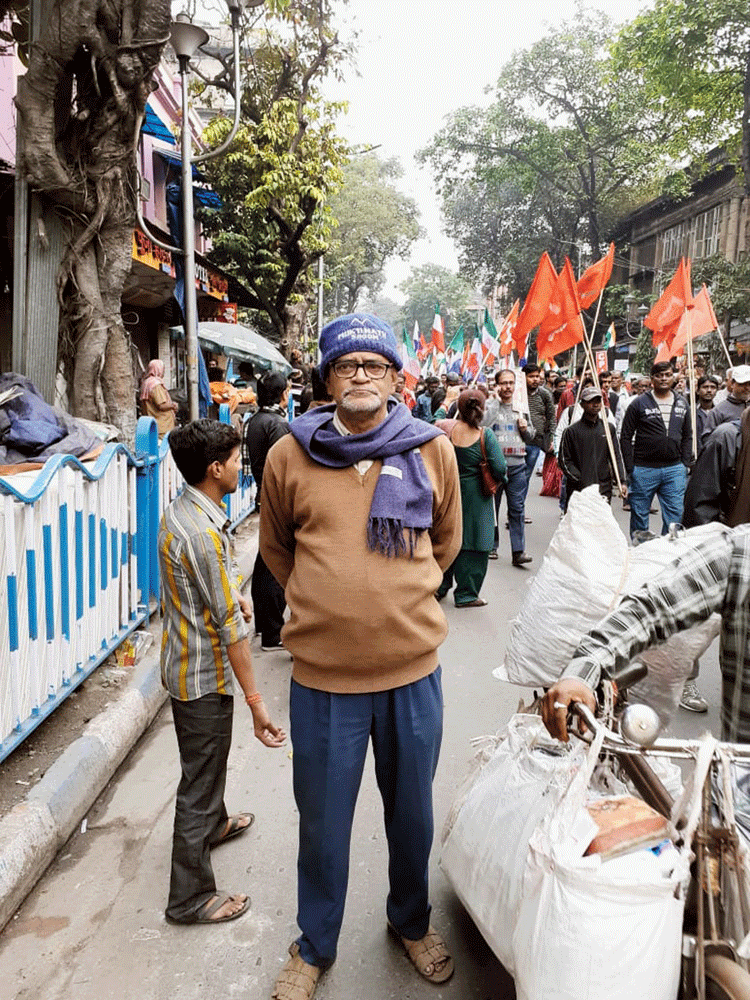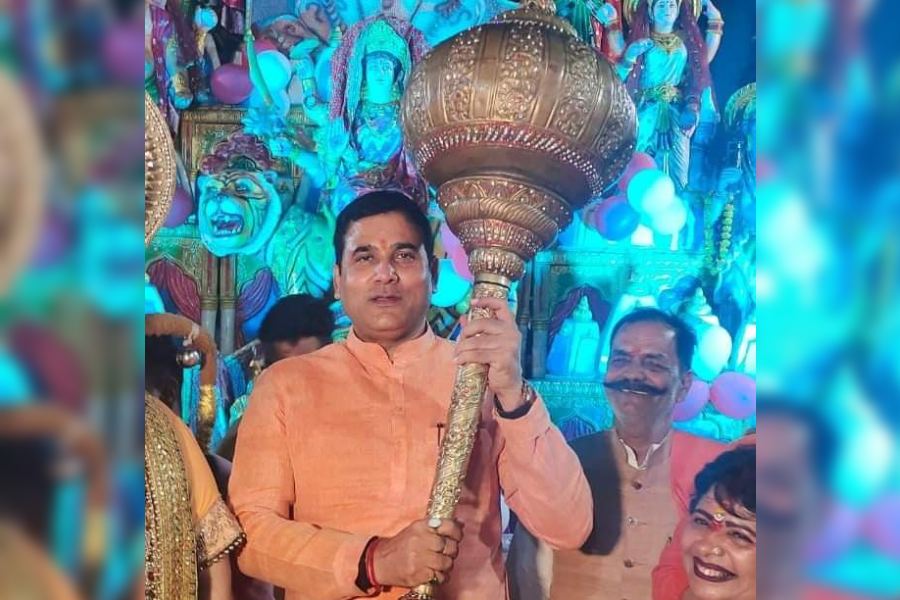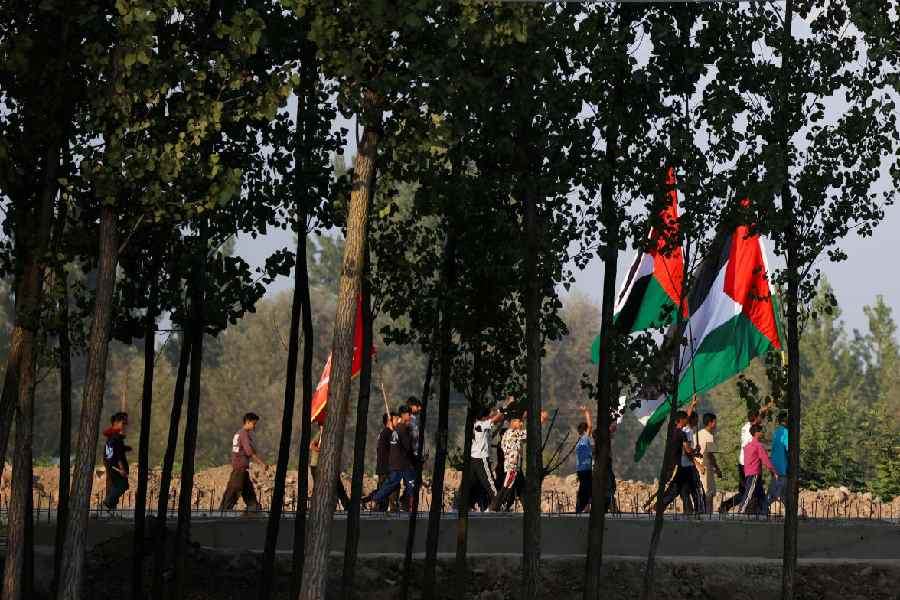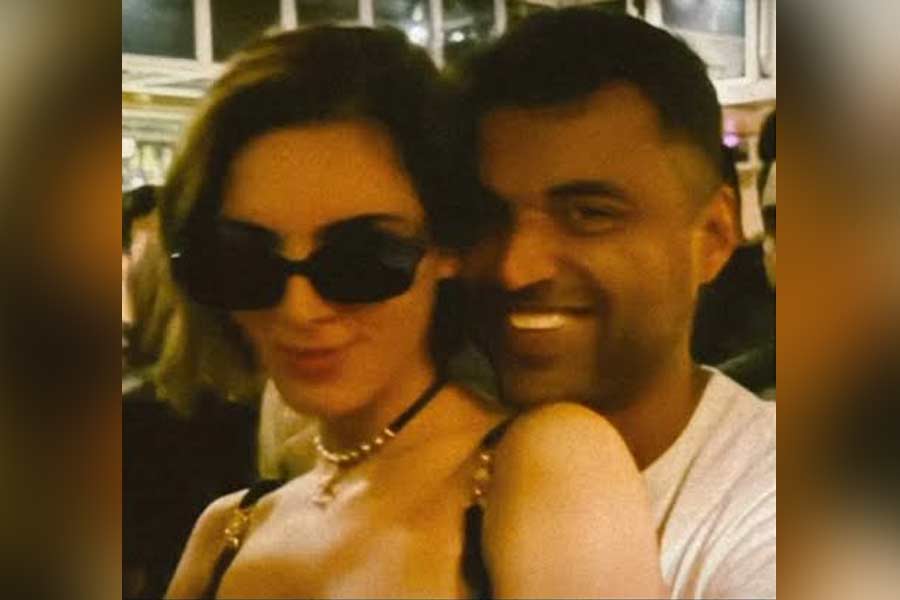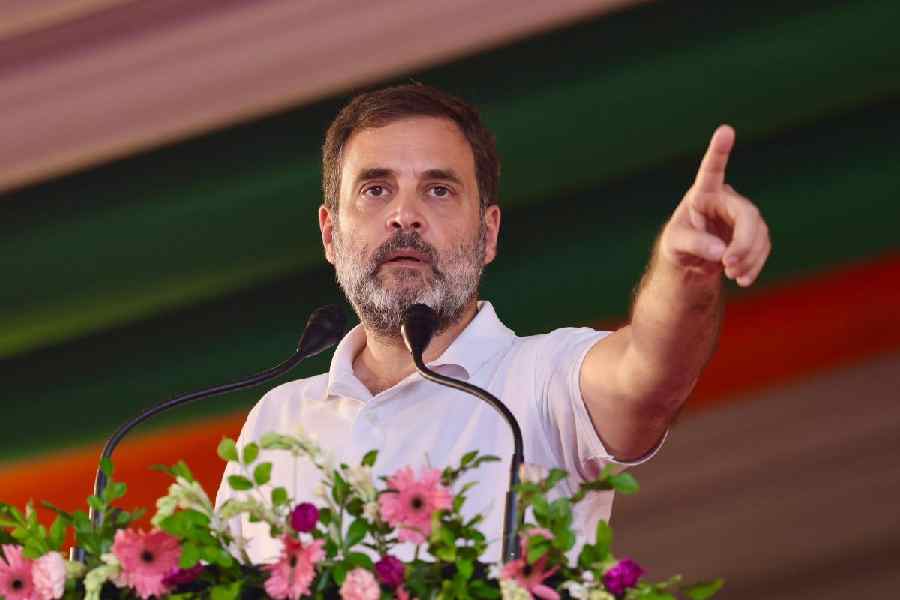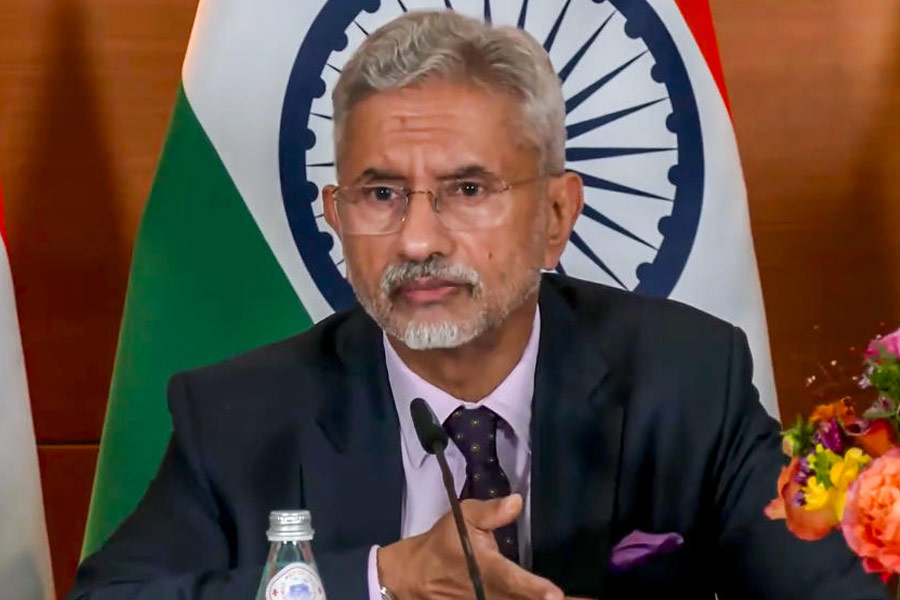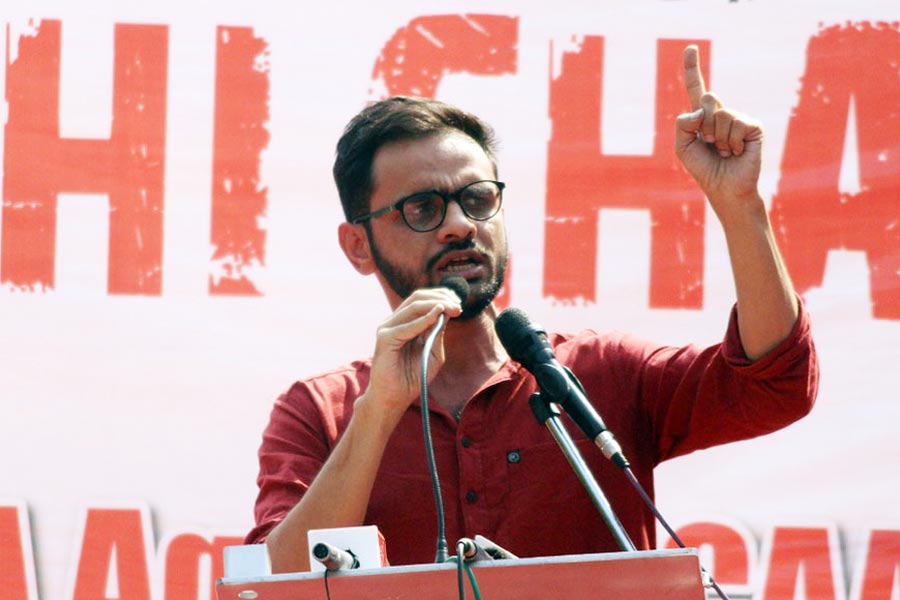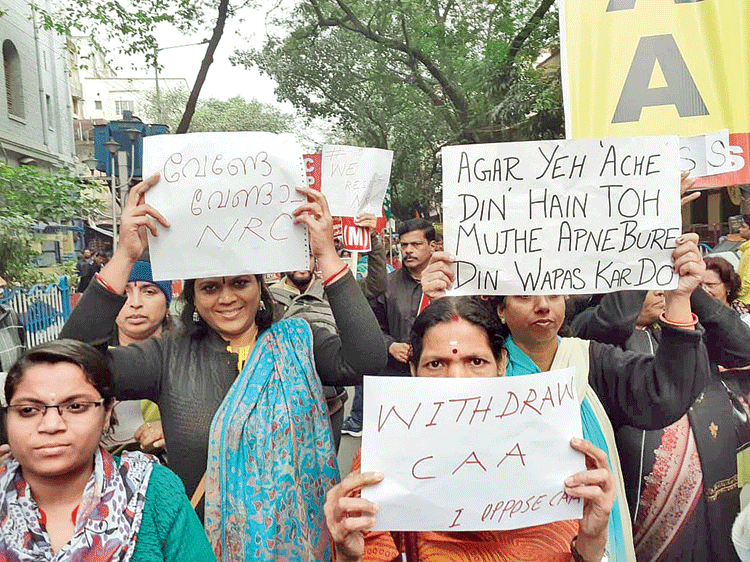
A 69-year-old man who was born a year after his family migrated to Bengal from Barishal in East Pakistan (now Bangladesh) in 1949 was part of a march on Friday to resist what he thought was a push towards another Partition.
“My family has been uprooted once. I can’t see that happen again,” said Nabyendu Dasgupta, while walking down SN Banerjee Road as part of the march.
Dasgupta lives in a colony in Belghoria, on the northern outskirts of Calcutta.
“Over the years we shed the identity of being refugees. We have always seen ourselves as Indians. But the latest threat in the form of the National Register of Citizens has stoked the wound — we are refugees again,” said Dasgupta, who ran a small business.
No family in the colony of 7,000 people has property papers, he said. “We are all living in fear. If the Centre asks me to produce my property papers to establish my citizenship… what will happen to me?” he wondered.
The Left and the Congress had called the rally to protest the Citizenship (Amendment) Act and NRC but many like Dasgupta had come on their own.
Over 15,000 people joined the march that started at Wellington Square and wound its way through SN Banerjee Road, Dorina crossing and CR Avenue before culminating in front of Mahajati Sadan.
Dasgupta’s colony, which had come up in 1952, is named after Upendrakishore, Satyajit Ray’s litterateur grandfather. It is about 12km north from the heart of Calcutta and under Kamarhati Municipality.
Upendrakishore Colony has around 100 plots and 7,000-odd people live there. Dasgupta’s is among the handful of families living there from the start.
“There was no electricity back then. The whole area had a thick growth of bamboo. Women used to fetch rice from Burdwan and sell it in the local market. My forefathers and our generation had to endure immense hardship to develop the colony into a livable area,” Dasgupta recounted.
How is he going to resist the new threat? “The only option is to take to the streets. Over the past few weeks people have been stepping out in large numbers to protest. Rarely have I seen such protests from all sections of society,” he said.
The uncertainty over the future has brought a new set of worries. “We do not want to be branded as refugees again,” said Dasgupta.
Did they try to collect documents of their properties? “We tried when the Left Front was in power. But neither the Left nor the Trinamul government did anything to give us the papers. Now the entire colony is besieged with fear,” he said.
The Left Front government had made deeds for many colonies. But going by Dasgupta’s account, there were some that were left out.
The major influx of people from East Pakistan had taken place twice, during the Partition in 1947 and at the time of creation of Bangladesh in 1971. But migration continued even after that because the border has remained porous.
“There is nothing unusual for these people not to have property papers. The Modi government by enforcing NRC has pushed them into uncertainty,” said Zaad Mahmood, an assistant professor of political science at Presidency University.
Achchhe din? Give us back our bad days
Theatre artistes who want “bad days” back because they have had enough of “achchhe din (good days)” to students who want the government to address unemployment — thousands were on the roads on Friday as part of a rally organised by the Left Front and the Congress to protest the Citizenship (Amendment) Act and the National Register of Citizens. Among the protesters, there were hundreds who are not associated with any political party. The Telegraph spoke to some of them.
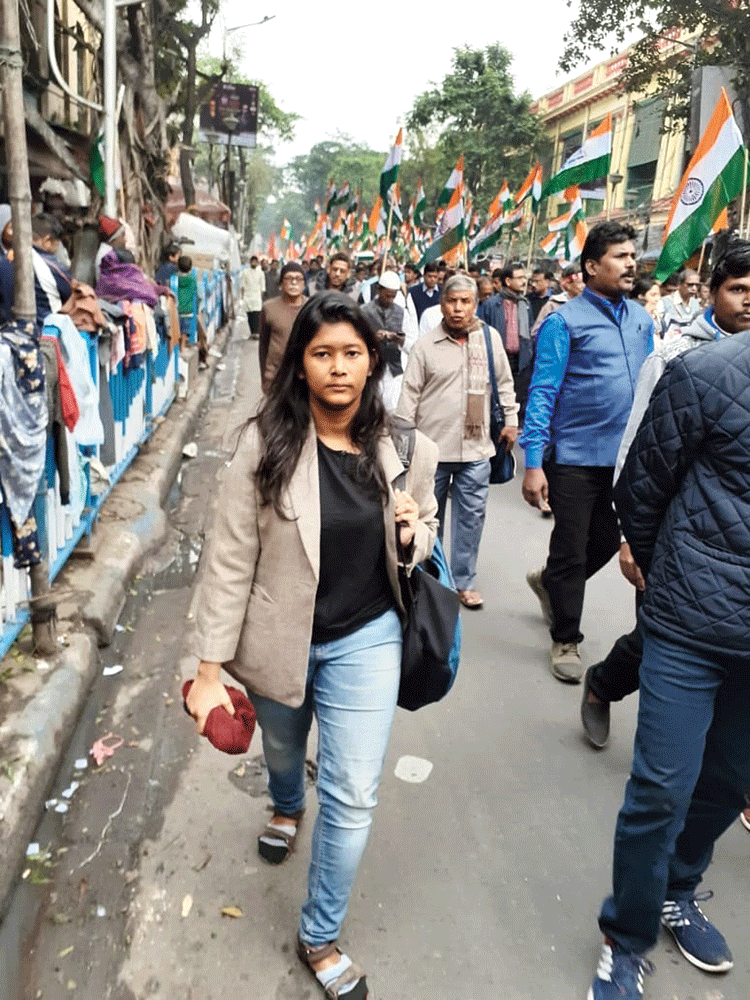
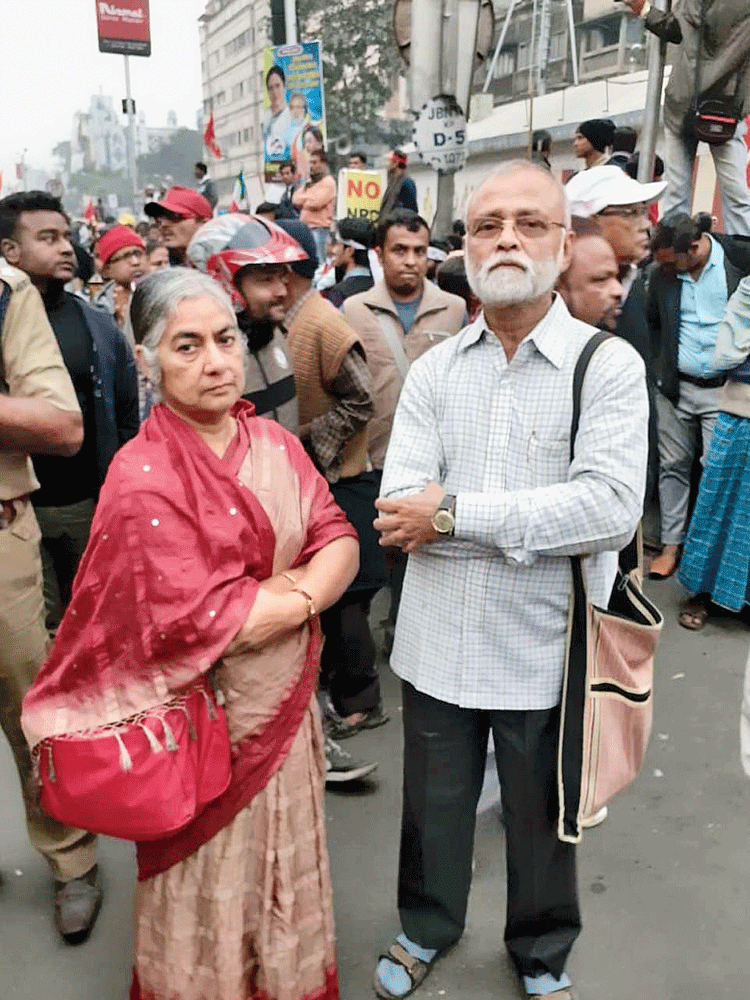
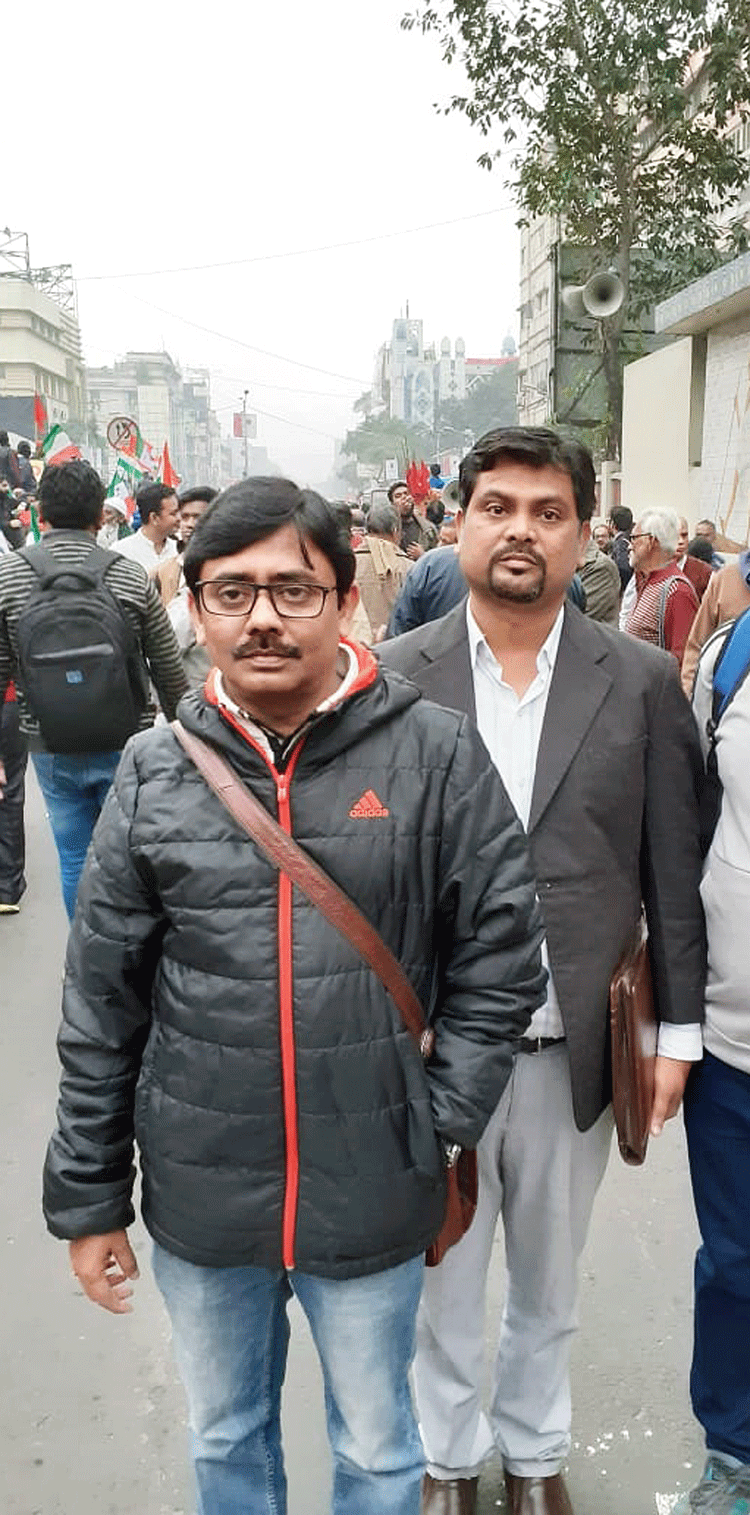
A group of Calcutta-based Malayali artistes, writers and art and literature enthusiasts joined the rally. Women from Purogamana Kala Sahitya Sangham (Progressive Arts and Literary Organisation) carried a poster that read: “Vende, venda — NRC (no need at all, no need for NRC).”
One of their comrades carried a poster that read: “Agar yeh achchhe din hain, toh mujhe apne bure din wapas kar do (If these are good days, give me back my bad days).”
The group has been active in Calcutta for 40 years.
“We live in a secular country. Why is this government trying to create communal tension?” asked C. Narayanan, the secretary of the group.
Neighbours Sanjib Guha (left) and Tapas Das came because “if not now, then when?”
“The government is creating divisions among people, between communities. They are not trying to find solutions but only creating more and more uncertainty,” said Guha, a teacher at a private engineering college and Jadavpur resident. “People have been pushed to the wall. If we don’t come out and protest now, when will we do it? We cannot take everything lying down,” said Das, who runs a small business.
An MSc student from Calcutta University, Ria, joined the march because she wanted to foil the government’s attempts to shift the focus from lack of jobs and industrial stagnation.
“We the youth of the country are bearing the brunt of a shrinking economy. There are no jobs. I want them to address unemployment. They are not even talking about it,” she said.
Two retired bank employees talked about the slowdown in the economy. Kalyani Chakrabarti, 63, who worked at the Reserve Bank of India, said the Modi government “first looted the reserves of the RBI and weakened the banking system and is now out to weaken the secular fabric of the country”.
Anupam Mitra, 65, who was with Punjab National Bank, said: “We know what action Narendra Modi has taken on Nirav Modi to recover the money (the loan he has defaulted on). They are focusing on divisive issues to divert attention from their incompetence. We have to fight them in the streets.”
Mitra came from Chandernagore, in Hooghly, to join the protest.

